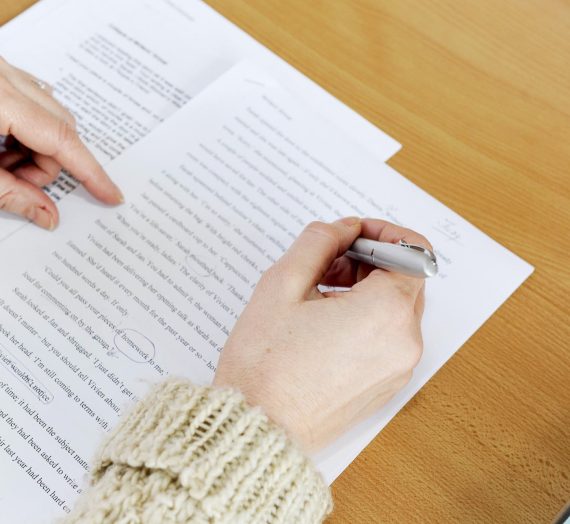As the publishing industry evolves, some freelance editors may feel hesitant about working with self-publishing authors. One study discovered the rewards of such a clientele.
The world of publishing seems to be constantly changing. Traditional publishers are hiring fewer in-house specialists while outsourcing much of their work. At the same time, the number of self-publishing authors is rising, and more freelance editors find themselves working for these self-publishing authors. What kind of experiences are editors having as their clientele shifts?
THE RESEARCH
In “How the Role of the Independent Editor is Changing in Relation to Traditional and Self-Publishing, ” Alison Baverstock, Robert Blackburn, and Marfuga Iskandarova (2015) of Kingston University conducted a study exploring how work has changed for independent editors. They created and distributed a Qualtrics survey to a number of independent, or freelance, editors. The survey included general questions about the participants’ editing careers and asked them to comment on their experiences with traditional publishers, first-time self-publishers, and established self-publishers. In total, the researchers received 514 responses.
Consistent with the general rise in self-publishing, independent editors reported that, over time, they began working more for self-publishing authors than for traditional publishers and performing a greater variety of services. In addition, participants reported being the most satisfied in their contracts with established self-publishers and the least satisfied in their contracts with traditional publishers. Some participants felt that because of smaller budgets and less in-house expertise, traditional publishers expected independent editors to perform more duties in a shorter amount of time. In contrast, self-publishers offered more flexible contracts and better pay. This was especially true for self-publishers who had been through the publishing process before and had a better idea of what to expect. Overall, many of the editors that participated in the survey felt that “this [is] a time of opportunity for independent editors” (Baverstock, Blackburn, and Iskandarova 2015, 130).
“This is a time of opportunity for independent editors.”
Baverstock, Blackburn, and iskandarova (2015)
THE IMPLICATIONS
As the publishing industry continues to shift and evolve, editors may feel anxious about their diminishing opportunities to work full-time for traditional publishers. While such publishers may continue to outsource tasks to freelance editors, editors can find encouragement in the growing number of self-publishing authors. They may even find that they prefer their relationships with self-publishing clients. Independent editors could potentially have increased flexibility within their contracts with these clients, such as the opportunity to negotiate for better pay or adjust deadlines as needed. Editors could also find an increase in work opportunities, especially as the number of self-publishing authors increases and as clients, both old and new, refer others to their editor.
Although traditional publishing houses may still need freelance editors to perform work for them, freelance editors shouldn’t be afraid of welcoming the increase in self-publishing authors. As they do so, they may find more satisfaction than ever before.
To learn more about the changing roles freelance editors are fulfilling in the self-publishing industry, read the full article:
Baverstock, Alison, Robert Blackburn, and Marfuga Iskandarova. 2015. “How the Role of the Independent Editor is Changing in Relation to Traditional and Self-Publishing.” Learned Publishing 28, no. 2 (April): 123–131. https://doi.org/10.1087/20150206.
—Mikaela Wilkins, Editing Research
FEATURE IMAGE BY JOHN SCHNOBRICH
Find more research
Check out Alison Baversock and Jackie Steinitz’s (2013) article to learn more about authors’ experiences with self-publishing: “What Satisfactions do Self-Publishing Authors Gain from the Process?” Learned Publishing 26 (3): 211–223. https://doi.org/10.1087/20130408.
Read Catherine Niesporek’s Editing Research article for tips on how editors can improve their relationship with the author: “4 Ways Editors Can Improve the Author-Editor Relationship.”
Take a look at Marc D. Street, Dennis P. Bozeman, and D. M. Whitfield’s (1998) article to learn some ways that the author perceives editors: “Author Perceptions of Positive and Negative Editor Behaviors in the Manuscript Editing Process.” Journal of Social Behavior and Personality. 13, no. 1 (January): 1–22. https://psycnet.apa.org/record/1998-04360-001.




